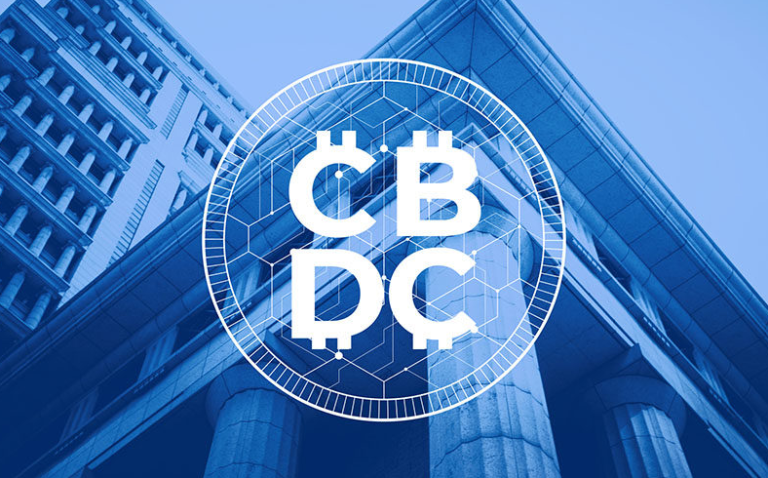How to Stay Safe Online: Essential Cybersecurity Tips for the Digital Age
How to Stay Safe Online: Essential Cybersecurity Tips for the Digital Age
In today’s interconnected world, where much of our personal and professional lives revolve around the internet, cybersecurity has become a paramount concern. From protecting sensitive financial information to safeguarding personal data from cyber threats, individuals must be proactive in adopting cybersecurity best practices to stay safe online. In this comprehensive guide, we will explore essential cybersecurity tips for the digital age, empowering users to navigate the online landscape securely and confidently.
1. Strong Password Management:
The cornerstone of online security starts with strong password management practices. Create unique, complex passwords for each online account, avoiding easily guessable combinations like “password123.” Consider using a password manager to securely store and manage passwords, enabling you to generate strong, randomized passwords and access them across multiple devices.
2. Enable Two-Factor Authentication (2FA):
Enhance the security of your online accounts by enabling two-factor authentication (2FA) whenever possible. 2FA adds an extra layer of protection by requiring users to provide a secondary form of verification, such as a one-time code sent to a mobile device, in addition to their password. This helps prevent unauthorized access even if your password is compromised.
3. Keep Software and Devices Updated:
Regularly update your operating system, software applications, and antivirus programs to patch known vulnerabilities and protect against emerging threats. Enable automatic updates whenever possible to ensure that your devices are always running the latest security patches and fixes.
4. Exercise Caution with Email and Links:
Be vigilant when opening email attachments or clicking on links, especially from unknown or suspicious sources. Phishing emails and malicious links are common tactics used by cybercriminals to trick users into divulging sensitive information or installing malware on their devices. Verify the legitimacy of emails and links before taking any action, and avoid providing personal or financial information unless you are certain of the sender’s authenticity.
5. Secure Your Wi-Fi Network:
Secure your home Wi-Fi network by using a strong, unique password and enabling WPA2 or WPA3 encryption. Disable guest networks if they are not needed, and consider hiding your network’s SSID to prevent unauthorized users from discovering and accessing your Wi-Fi network. Regularly update your router’s firmware to address security vulnerabilities and ensure optimal performance.
6. Practice Safe Browsing Habits:
Exercise caution when browsing the internet and interacting with websites, particularly those that request sensitive information or prompt you to download files or software. Stick to reputable websites with secure connections (HTTPS) and be wary of pop-up ads, redirects, and offers that seem too good to be true. Install browser extensions or plugins that block malicious content and enhance privacy protections.
7. Backup Your Data Regularly:
Protect your valuable data from loss or theft by regularly backing up important files and documents to secure, external storage devices or cloud-based backup services. Create multiple backups and test their integrity periodically to ensure that you can recover your data in the event of a cyber incident, such as ransomware or hardware failure.
8. Be Mindful of Social Media Sharing:
Exercise caution when sharing personal information, photos, or updates on social media platforms. Review and adjust your privacy settings to control who can view your posts and profile information, and be selective about accepting friend requests or connections from unknown individuals. Avoid oversharing sensitive details that could be used by cybercriminals for identity theft or social engineering attacks.
9. Educate Yourself and Others:
Stay informed about the latest cybersecurity threats, trends, and best practices by regularly reading reputable cybersecurity blogs, news sources, and educational resources. Share your knowledge and expertise with friends, family members, and colleagues to help them stay safe online and build a culture of cybersecurity awareness in your community.
10. Trust Your Instincts and Seek Help:
Trust your instincts and be cautious when encountering suspicious or unusual online behavior. If you suspect that you have been the victim of a cyber attack or fraud, report it to the appropriate authorities and seek assistance from cybersecurity professionals or IT support specialists. Remember, it’s better to err on the side of caution and take proactive steps to address potential threats than to ignore them and risk further harm.
Conclusion:
In an increasingly digital world where cyber threats are ever-present, practicing good cybersecurity hygiene is essential for protecting yourself and your sensitive information online. By following these essential cybersecurity tips, you can minimize your risk exposure, enhance your online security posture, and enjoy a safer, more secure digital experience in the modern age. Stay vigilant, stay informed, and stay safe online.
For more information visit: cryptcpm.tech
For more information visit: newsburing.com







